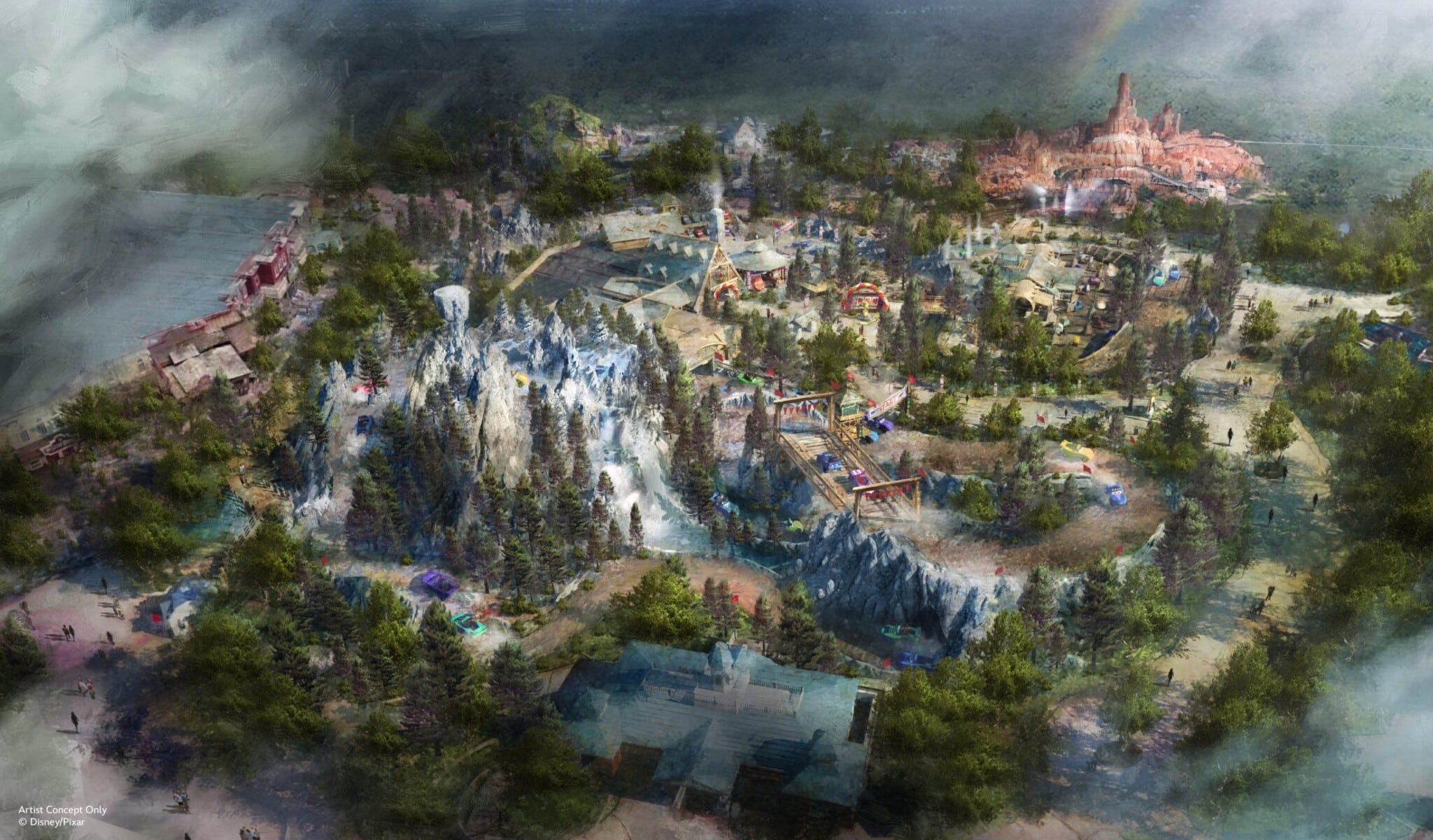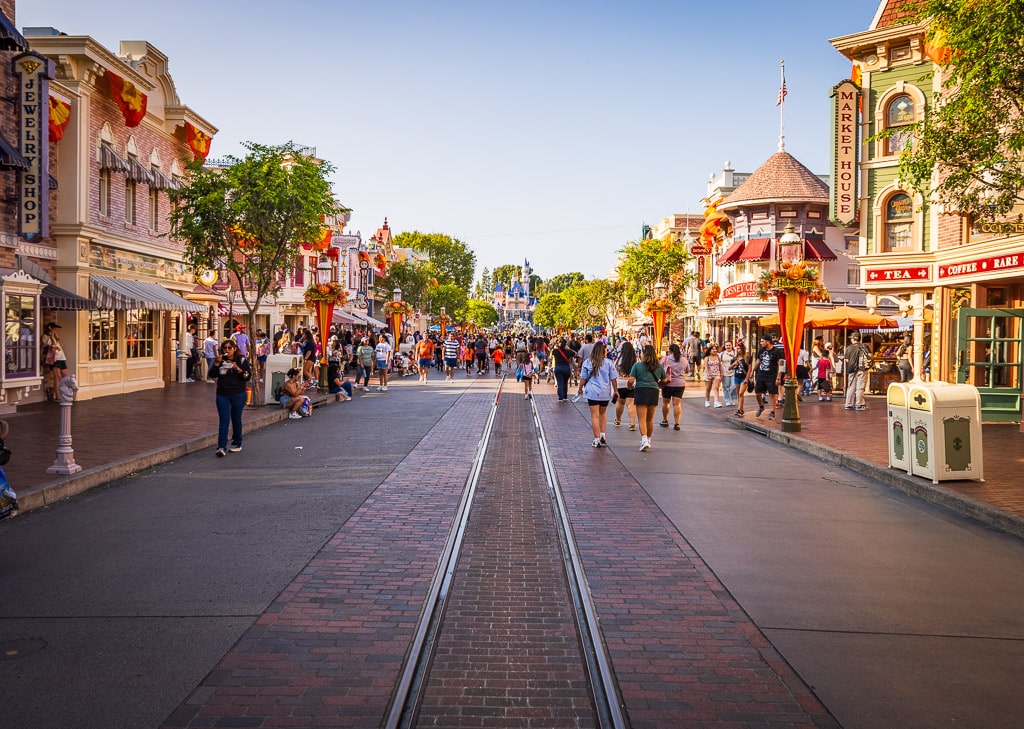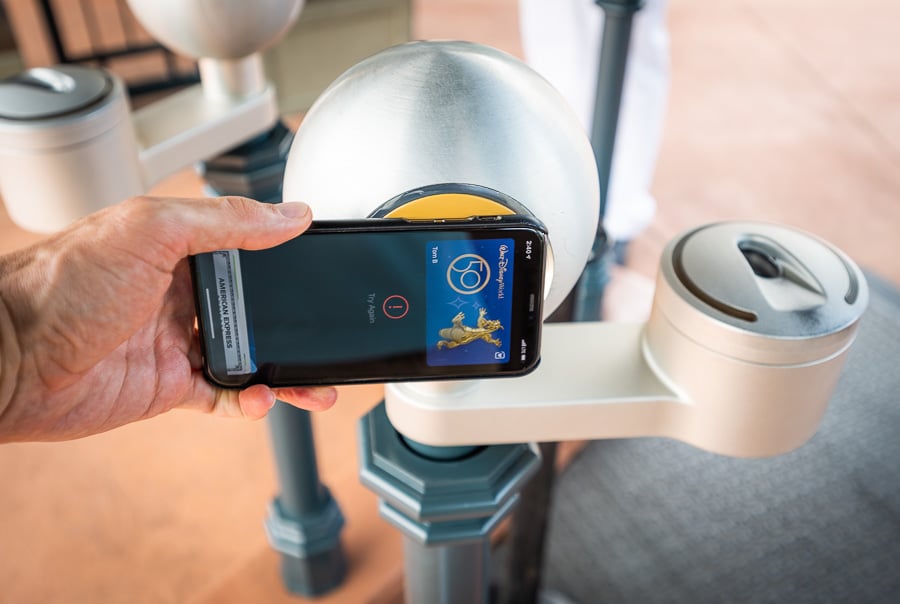
Walt Disney World has announced the end of the Park Pass reservation system for most guests, with vacation-goers using any date-based tickets no longer needing to reserve visits starting in 2024. In addition to that, Annual Passholders and Cast Members also won’t need reservations on many dates next year. This covers dates and details, exclusions, plus our commentary about the good and bad of this change.
For those who haven’t visited Walt Disney World in the last three years, Disney Park Pass is the advance theme park reservations system for booking entry to Magic Kingdom, EPCOT, Hollywood Studios, and Animal Kingdom. It offers three separate “buckets” for reservations: single or multi-day ticket holders, on-site resort guests, and Annual Passholders. In actuality, those first two buckets now pull from the same pool and APs are further broken down by tier.
This reservation system was originally introduced due to the parks operating at significantly reduced capacity when the parks reopened two years ago. At that time, attendance was capped at ~20% of normal levels, a number that gradually increased to 35% the following spring. With health safety protocol now gone entirely, many fans have been wondering for a while now when the Disney Park Pass reservation system will also be retired…
To that end, we’ve already seen a lot of movement suggesting that the Disney Park Pass reservation system’s days were numbered. Back in December, Walt Disney World eliminated reservations for single-day tickets. Although that change occurred after Bob Iger returned, it was set in motion prior to that while Chapek was still CEO.
Upon Bob Iger’s return, he was almost immediately asked about the future of the Disney Park Pass reservation system by Cast Members during a company-wide Town Hall meeting. During that, Iger noted that he has “read about it,” and that “a lot has been said, and not all of it positive.” Certainly not the kind of ringing endorsement or spirited defense of the system that Bob Chapek had repeatedly given. C’mon guys, he just wanted to protect the guest experience for that family from Denver!!!
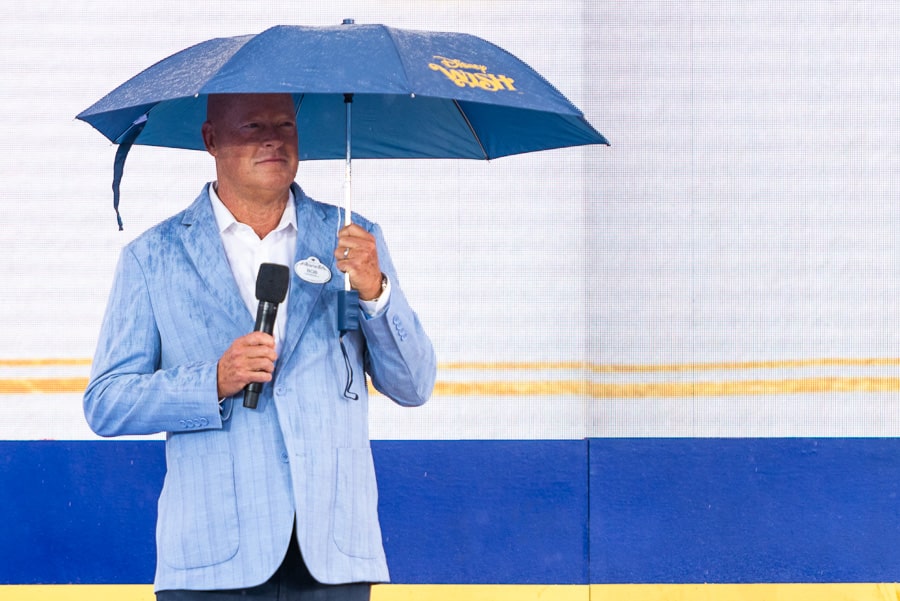
Based on “leaks” or planted stories in the media, it was pretty clear upon returning that Bob Iger wasn’t wild about how things had gone under Chapek and the degree to which there was disillusionment among fans. And, a little over a month after returning, he started moving on that sentiment by announcing 3 BIG Changes at Walt Disney World to Improve Guest Experience & Value.
One of those was that Walt Disney World Annual Passholders would be able to visit the theme parks after 2 pm without needing a Disney Park Pass reservation, except on Saturdays and Sundays at Magic Kingdom. A couple of weeks ago the park reservation rule relaxation took effect. It has a few quirks, but those are beyond the scope of this post. The point is that cracks started to emerge in the reservation system, and it seemed clear that its days were numbered.
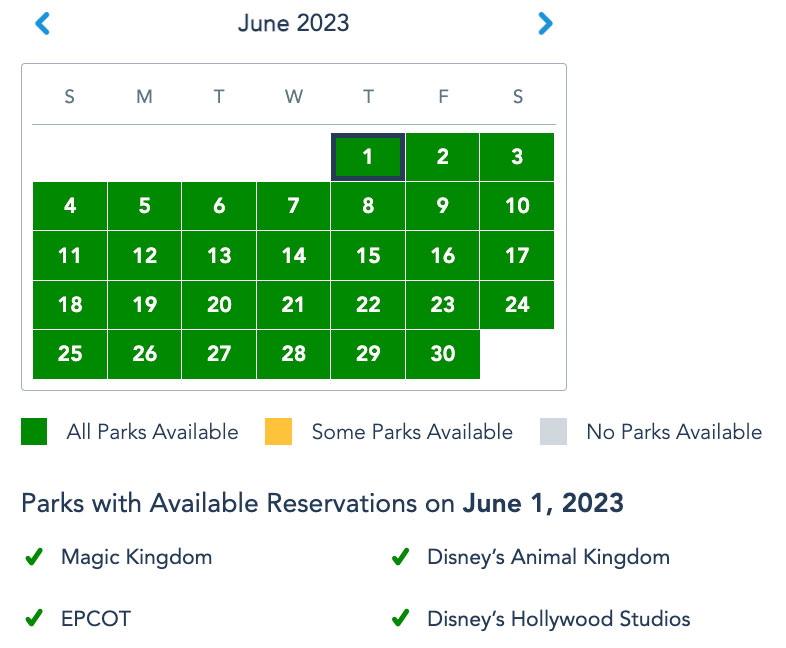
It’s also worth pointing out that there isn’t a single day in the remainder of 2023 or early 2024 that isn’t green on the Disney Park Pass calendars for resort hotel guests and regular theme park ticket holders. In the near term, this is unsurprising if you’ve read Sharp Slowdown for Shoulder Season 2023 at Walt Disney World. The parks are currently seeing their lowest crowd levels in months, and that’s unlikely to change until mid-June.
However, it’s also appropriate to point out that there have been far fewer days thus far in 2023 that have been partially or totally unavailable. Mardi Gras, Spring Break, and Easter all saw elevated crowd levels–but maintained at least some availability on the Park Pass calendar.
This is also why Walt Disney World has resumed Annual Pass sales. Although attendance is likely to increase again once Summer 2023 rolls around, it’s also possible that pent-up demand is mostly exhausted and that rising gas prices (again) and consumer debt are going to cause more of a normalization at Walt Disney World. With that, there’s more ‘excess capacity’ in the parks, and less cause for concern about reservations.
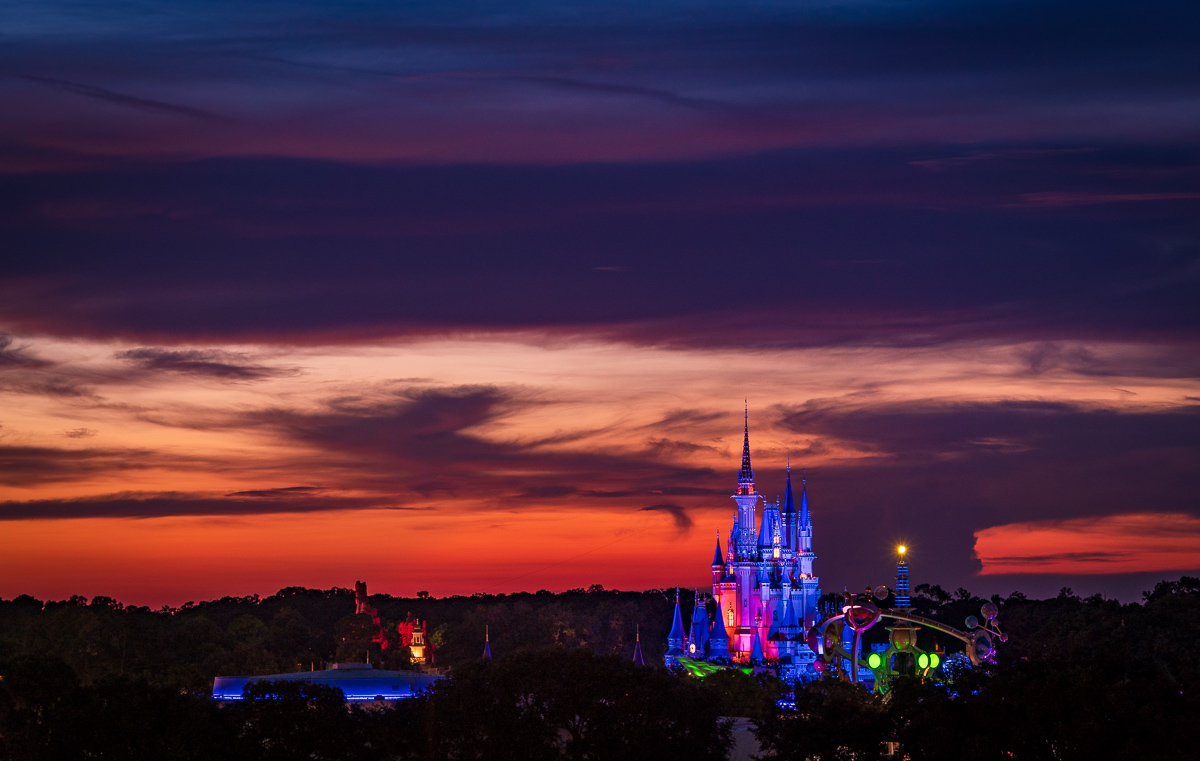
Against that backdrop and alongside the announcing 2024 Walt Disney World vacation packages, the company has revealed that guests using multi-day date-based tickets will no longer be required to make reservations beginning January 9, 2024.
For those who are confused by the “date-based ticket” distinction, this is essentially all standard and Park Hopper tickets. If you’re purchasing tickets as part of a vacation package or even via a discounted third party Walt Disney World ticket seller, you’re most likely buying date-based tickets. The immediate exceptions that come to mind are Florida resident, school group, convention, and (maybe) military tickets. Of course, Annual Passes and Cast Member admission are also exceptions.
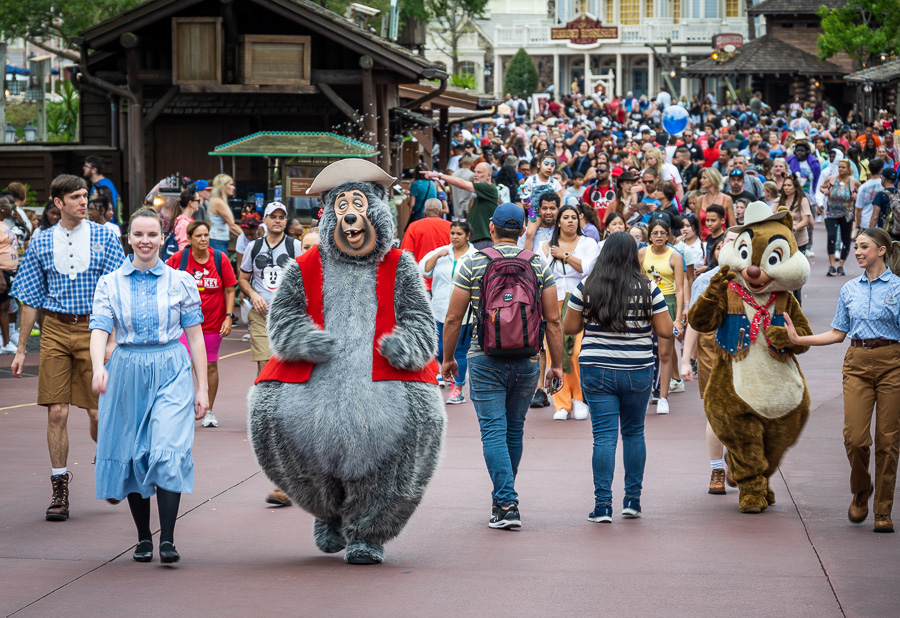
Walt Disney World also is introducing “good-to-go days” for Annual Passholders and Cast Members. Walt Disney World plans to offer select days on which Annual Passholders and Cast Members may visit theme parks without needing a park reservation. Once introduced, Walt Disney World will roll out these good-to-go days on an ongoing basis.
This will be in addition to the recent update which offers Passholders the opportunity to visit the theme parks after 2 p.m. without needing a park reservation, except on Saturdays and Sundays at Magic Kingdom. Good-to-go days may vary by park, and pass block out dates and capacity limitations continue to apply like they do today. Stay tuned for more details on good-to-go days.
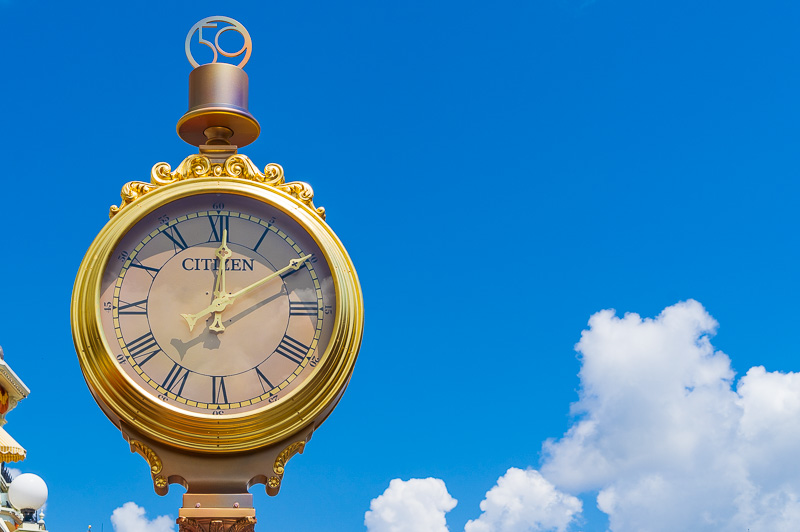
One thing that has not been announced as changing is the Park Hopping start time, which is currently 2 pm, and has been for the last couple of years. Disneyland has relaxed its Park Hopping start time on a couple of occasions, and we’ve been expecting Walt Disney World to follow suit for a while.
With that said, it’s unlikely that the Park Hopping rules will be totally eliminated until park reservations are gone for good. Getting rid of the start time for Park Hopping would effectively allow guests to circumvent what’s left of the reservation requirements. But honestly, it feels like this is going to happen sooner or later–just because the change hasn’t happened yet doesn’t mean it’s not coming. Still plenty of time for more 2024 announcements. (Alternatively, Walt Disney World might want to maintain the Park Hopping time to “force” people to stay in DAK until at least the afternoon.)
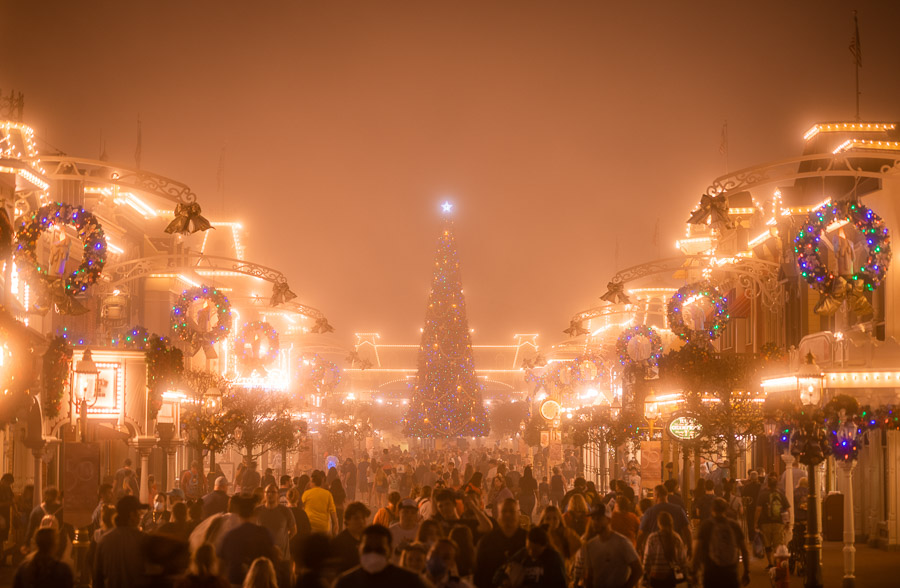
If you’re wondering why Walt Disney World is choosing January 9, 2024 instead of New Year’s Day or January 18 (when the Park Pass calendar currently ends), that’s probably due to the start of the winter off-season at Walt Disney World. Or rather, the continuation of the post-holiday season in the parks.
To that end, it’s worth noting that the busiest two days of this year were both in the first week, which is also still the worst week of 2023 at Walt Disney World. As discussed at greater length in our January 2024 Crowd Calendar for Walt Disney World, we strongly recommend avoiding January 1-7, 2024. (We don’t expect January 8 to be as bad, but the one-day buffer doesn’t hurt!) If this year is any indication–and it should be a strong one–crowds will drop sharply, going from peak season to off-season overnight.
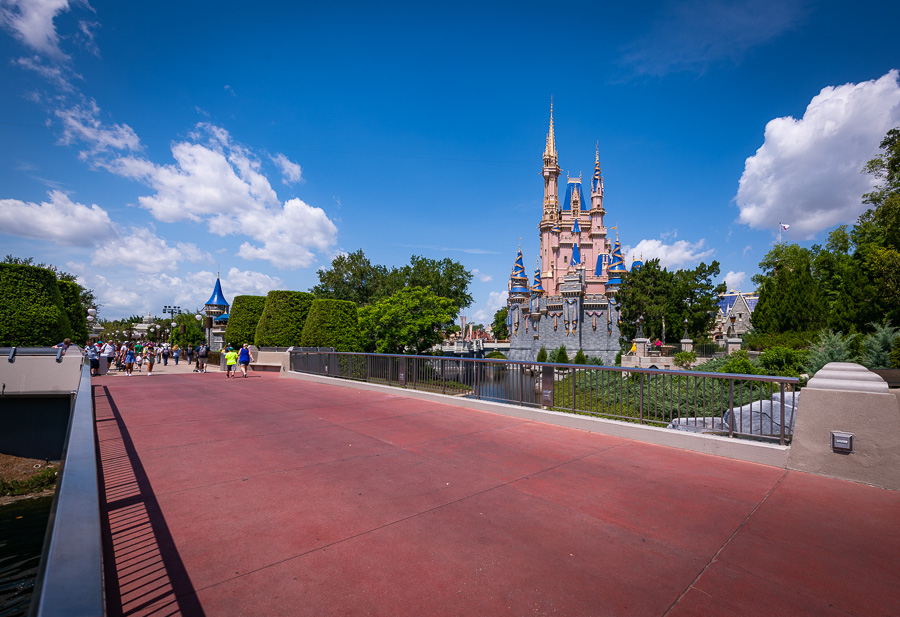
In terms of commentary, it’s not the least bit surprising that Walt Disney World is retiring the Park Pass reservation system for most guests. Frankly, I’m surprised this didn’t happen sooner. There have been credible rumors for literally over a year that changes were on the horizon for on-site resort guests, multi-day ticket holders, and Park Hoppers.
Don’t expect Walt Disney World to entirely eliminate reservations for Annual Passholders or Cast Members. As we’ve indicated repeatedly, the most likely long-term scenario is that Disney Park Pass is here to stay for Cast Members and Annual Passholders in some capacity, but will be eliminated entirely or at least integrated into tickets for everyone else. Josh D’Amaro was at Disneyland when the Flex Pass debuted there, and was reportedly an advocate for the reservation system for Cast Members.
Frankly, given the Flex Pass at Disneyland, overall increases in attendance in early 2020, and population explosion in Central Florida, I suspect park reservations were an inevitability for Walt Disney World APs and CMs. Even if the closure and everything else never happened, it’s highly likely that Cast Members and at least some tiers of Annual Passes would be required to make park reservations in 2023. It probably wouldn’t look like the current system–or be as restrictive–but it wouldn’t be like 2019, either.

Retaining reservations for APs and CMs gives Disney control over the attendance mix on busier days, and allows the company to prioritize tourists who spend more per visit on average. Although Disney wants Annual Passholders and Cast Members to visit–and spend money–when there’s excess capacity, the circumstances are different when the parks are busier.
Even if there is a summer slowdown, the economy enters a recession, or pent-up demand exhausts itself, it’s still likely that the peak weeks around Thanksgiving, Christmas, and New Year’s Eve will continue to be very busy. It thus makes sense that Walt Disney World would want to prioritize resort guests and other tourists and not fill the parks with Annual Passholders at the expense of more lucrative vacationers during busier dates.
Hence the compromise of no reservations on slower days or after 2 pm most days for APs (and still subject to blockouts–which includes much of the holiday season for all tiers but the Incredi-Pass). That’s also why we do not expect park reservations to be retired for Annual Passes in 2024. (Perhaps a super-expensive ‘no-reservations’ AP will be introduced, but even that is doubtful.)
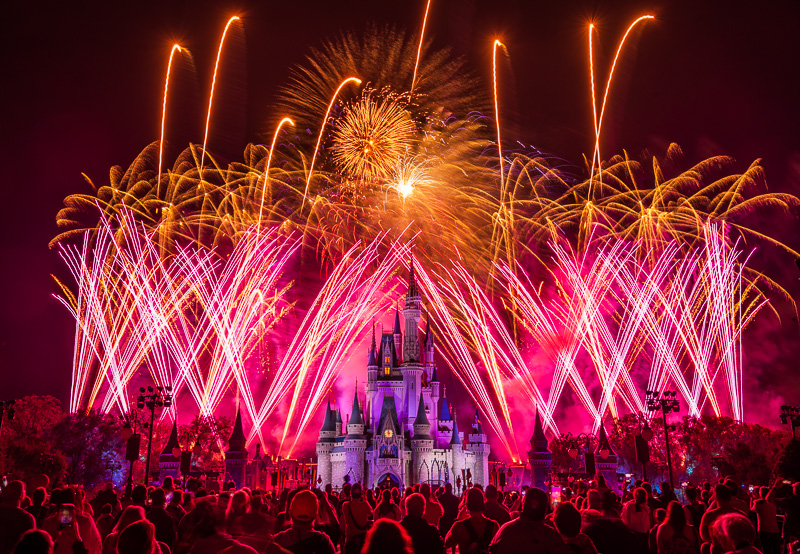
The argument could be made that park reservations are still necessary for APs and Cast Members given the circumstances, anyway. Walt Disney World does continues to operate at a somewhat reduced capacity, but not even remotely akin to the situation two years ago, and this improves with each passing month. This might come as a surprise to anyone who has visited in the last several months, especially on dates when wait times hit their highest levels in two years.
The ‘feels like’ crowds are exacerbated by staffing shortages (largely resolved but still an issue to a degree), plus less to do (missing entertainment, meal services, etc.) and less time to do it (shorter hours, especially at Magic Kingdom). This consolidates crowds and creates the perception of the parks being busier despite attendance numbers that do not bear that out.
However, it’s also worth noting that there’s only so much the park reservation system can do to solve that. For the last two years, the worst congestion at Walt Disney World has been on and around Main Street before, during, and after the fireworks. This has only gotten worse with the return of Happily Ever After. This happens on even the slowest days of the year, and is simply a byproduct of a high percentage of guests all wanting to be in the same small area. There are ways to address this, but park reservations aren’t among them.

The primary parks that occasionally run out of reservations now are Magic Kingdom and Hollywood Studios. Again, this occurred on various dates between late February and mid-April, but hasn’t been an issue since then. It probably won’t be even during summer, as that prime tourist season has crowds that are spread out over a couple months, rather than single-week surges.
This is a big change from the last couple of years. That’s partially because Walt Disney World had been using reservations to manipulate crowds, with both parks unavailable on occasion with 7/10 or lower crowd levels. This meant that Walt Disney World was using reservations to redistribute attendance on those days, rather than running out of reservations due to hitting capacity caps.
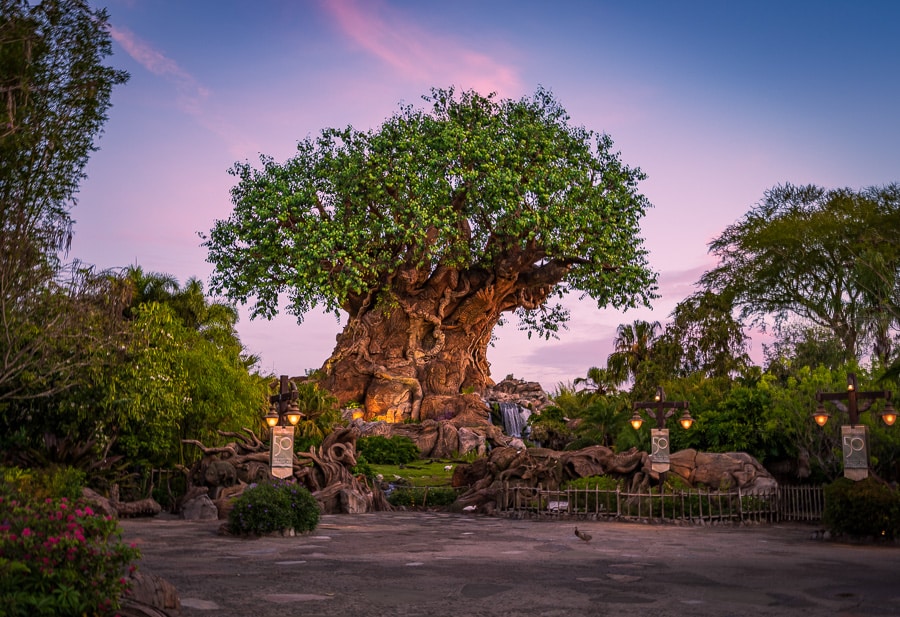
Using park reservations to redistribute attendance by limiting availability at Magic Kingdom pushes people towards Animal Kingdom and EPCOT to increase the utilization of those parks and normalize numbers across all four parks.
This is an instance of the infamous “yield management” approach discussed by executives on earnings calls and in interviews. There actually are benefits to this approach, including making for a more pleasant guest experience and easing of staffing shortages. If you’re a planner who has no issue reserving your park days months or weeks in advance, the Disney Park Pass system arguably was beneficial to you. (At least, on 9/10 crowd level days and above.)
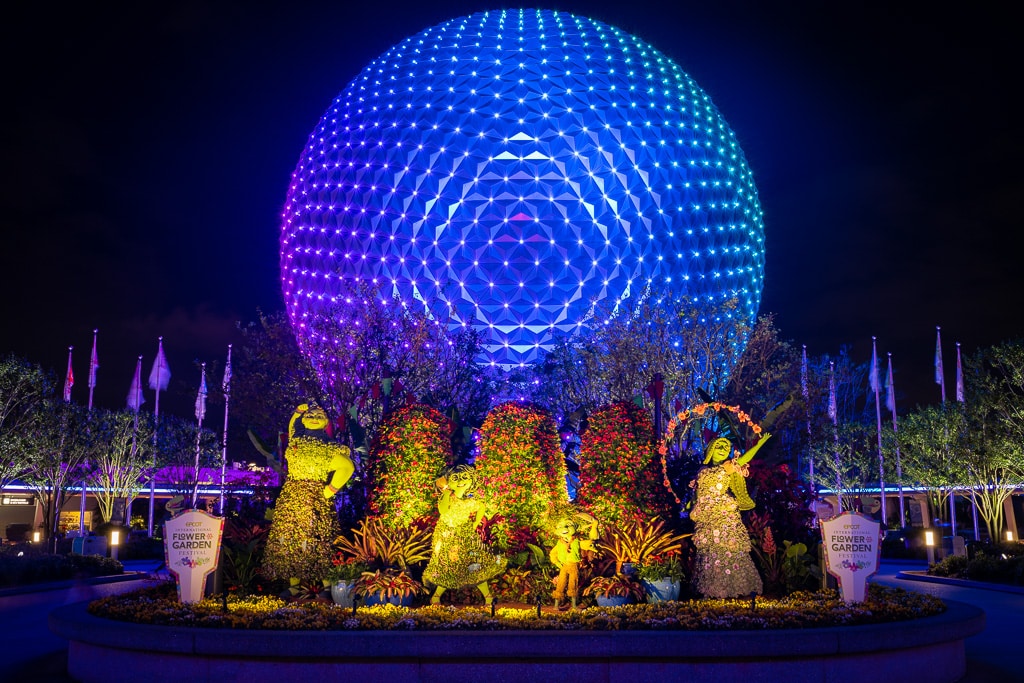
However, there are also downsides to that approach for Disney. If someone is traveling to Florida and wants their kids to experience Walt Disney World, they probably will not going to be satisfied if only EPCOT or Animal Kingdom are available. For many causal visitors, Magic Kingdom is synonymous with Disney; EPCOT and the rest are not a comparable substitute.
Rather than make reservations to those two parks, some guests will choose not to buy tickets at all and simply not visit Disney if they cannot do Magic Kingdom. Same goes for Disney’s Hollywood Studios, which has seen a surge in popularity thanks to Star Wars: Galaxy’s Edge, Toy Story Land, and Mickey & Minnie’s Runaway Railway. Even with additions elsewhere, these are the two parks that are disproportionately popular with casual visitors. (It might come as a surprise, but most tourists are not spending 5+ days at Walt Disney World; the majority stay off-site and do not visit all four parks.)
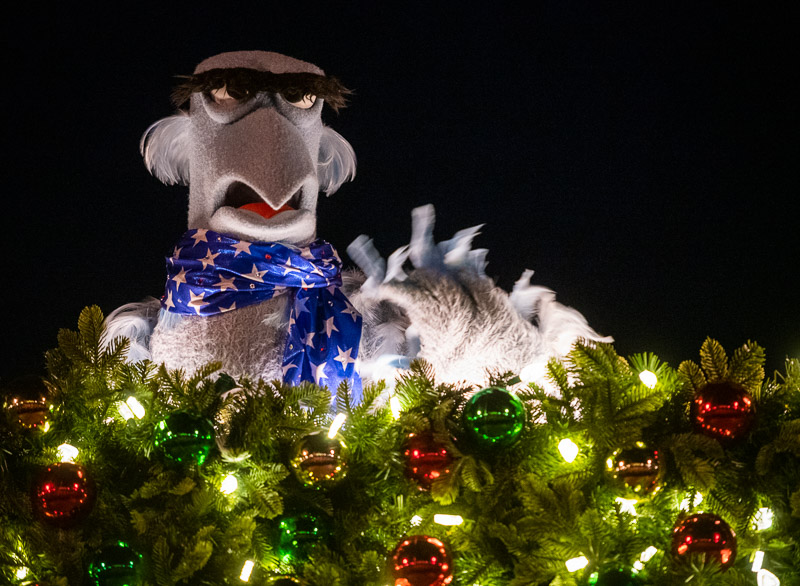
It should also go without saying, but the Disney Park Pass reservation system also had downsides for guests. Now that it’s being retired, we’re not going to change our tune, pretend it was the best thing ever, and lament its loss. It was not. Even though it’s sticking around for us APs, we are glad it’s going for tourists.
Park reservations further complicated an already convoluted planning process, and were yet another source of stress and unnecessary friction. They remove spontaneity from a “vacation” that is already very much lacking in that. Disney Park Pass was distinctly unpatriotic, and we’re elated that most of you won’t be subject to it. This is great news!
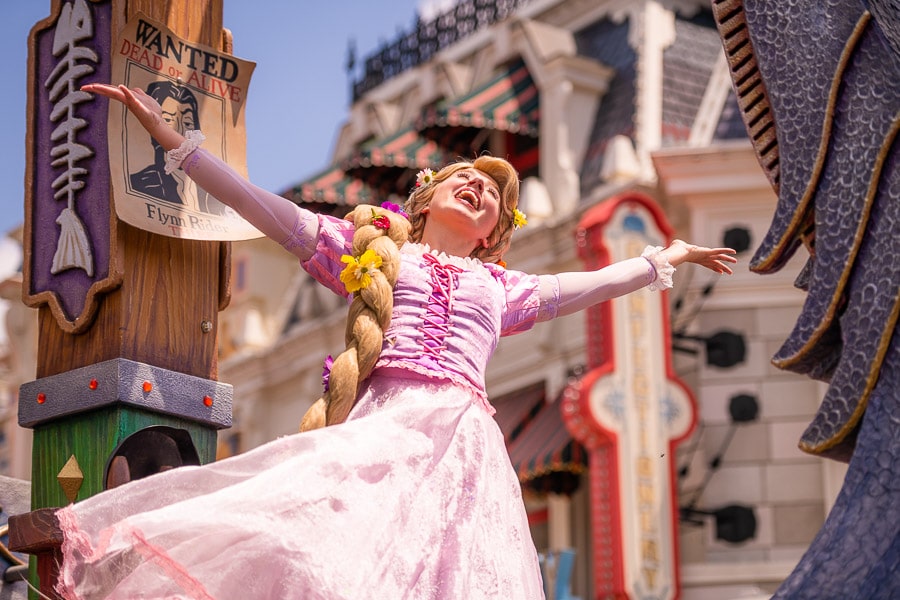
Again, we do not expect any diehard Walt Disney World planners to agree. Those for whom choreographing their vacations down to the hour months in advance is half the fun might’ve liked Disney Park Pass. But that group also has to realize that they are, respectfully, odd ducks.
Not everyone wants their vacation to be charted out like tactical strategic ops. It’s a visit to the Most Magical Place on Earth, not a bank heist. (More like a reverse bank heist, amirite?!)

Ultimately, removing reservations for regular date-based ticket holders is a colossal step in the right direction. One of the big complaints is that Disney Park Pass eliminated spontaneity, necessitated even more pre-planning, and removed flexibility. This change should effectively eliminate that complaint for ordinary tourists visiting Walt Disney World in 2024.
It’ll once again be easier for tourists to call a mid-trip audible, opting to add a day in Magic Kingdom or Disney’s Hollywood Studios without worrying that park reservations are already booked up. Obviously, many tourists won’t take advantage of this and others will need to “relearn” their approach to planning. However, this is quite doable. With the move to same-day ride reservations via Genie+ and Lightning Lanes, and Walkup Waitlist having surprisingly good availability, it’s not going to be as necessary to choreograph every hour of every day.
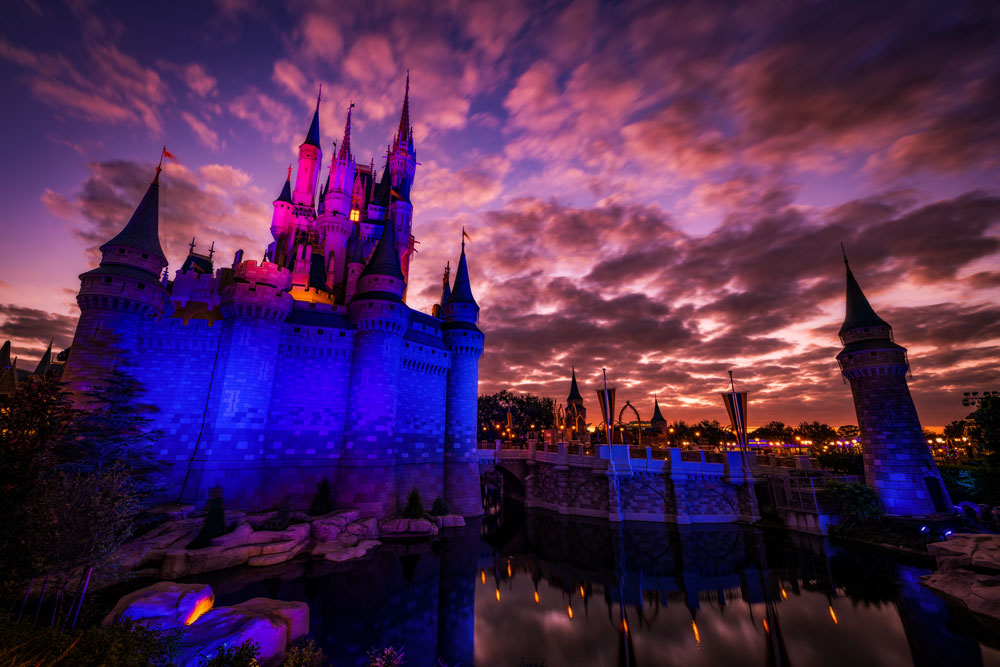
From a resource allocation perspective, the reservation system already offers little advantage over what already exists–it’s just extra friction in an already complicated vacation planning process. With more guest feedback and increased staffing to facilitate more reopening, Walt Disney World’s decision to significantly relax reservations in 2024 makes complete sense.
Honestly, so long as you’re not an out-of-state Annual Passholder (whomp whomp) who visits during busier times of year, it’s tough to construe this as negative news–even if you think you prefer Park Pass. For regular tourists, this is a “best of both worlds” solution. By largely retaining park reservations for Annual Passholders and Cast Members, it gives the company control over crowd distribution, at least to a degree. So you’ll continue to benefit from that if visiting during busier seasons. By dropping reservations for everyone else, it restores spontaneity. And maybe–just maybe–you’ll give that a try and realize what a breath of fresh air and nice change of pace it is when visiting Walt Disney World!
Planning a Walt Disney World trip? Learn about hotels on our Walt Disney World Hotels Reviews page. For where to eat, read our Walt Disney World Restaurant Reviews. To save money on tickets or determine which type to buy, read our Tips for Saving Money on Walt Disney World Tickets post. Our What to Pack for Disney Trips post takes a unique look at clever items to take. For what to do and when to do it, our Walt Disney World Ride Guides will help. For comprehensive advice, the best place to start is our Walt Disney World Trip Planning Guide for everything you need to know!
YOUR THOUGHTS
How do you feel about Walt Disney World mostly ending reservations for everyone except Annual Passholders and Cast Members? If you’re a tourist, does this change give you welcome freedom and spontaneity? Do you expect the Disney Park Pass reservation system to be retired at some point, or continue forever? Think Walt Disney World regrets requiring resort guests and theme park ticket holders to use Park Pass? Any questions we can help you answer? Hearing your feedback–even when you disagree with us–is both interesting to us and helpful to other readers, so please share your thoughts below in the comments!




